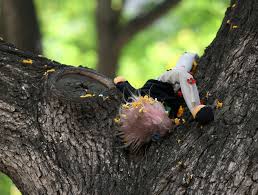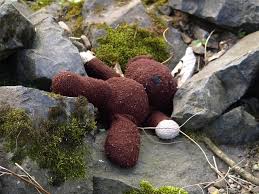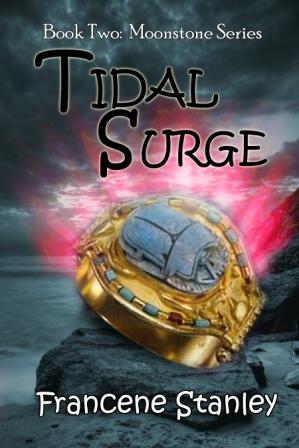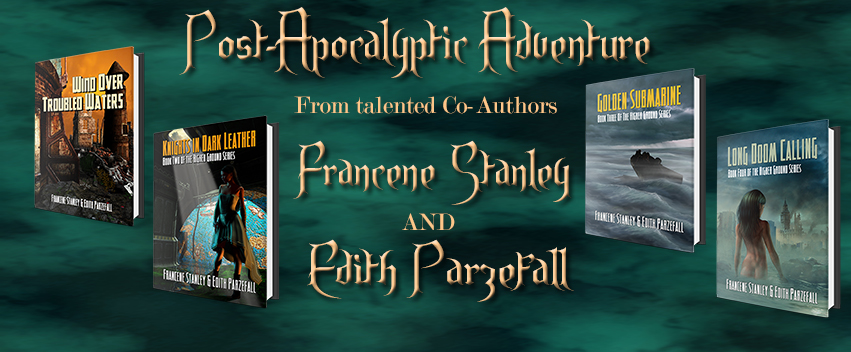 A lost toy in a tree
A lost toy in a tree He'd loved Liley since the age of 11 months old and the toy was so treasured that his parents had bought an identical backup, in case he ever got lost. When the dreaded event happened, the toddler could tell the difference and was on the verge of tears when "good Liley" went missing on Easter Monday.
Staff at the former home of Prime Minister Benjamin Disraeli were notified, but didn't find the lion until two days later, in one of the boxes on the top floor. The people in the office got together with service staff to take photos of Liley in different places around the manor to show the boy his lost toy having an adventure.
Liley was returned last week along with a photo diary showing Liley driving a buggy, sitting on the chair in the study, supervising the gardening, and exploring different parts of the National Trust property.
And so, boy and toy were reunited to the delight of the family. Reminds me of the Paddington Bear adventures. Source: BBC News.
 Bear on a cliff.
Bear on a cliff. Transitional objects like stuffed toys or soft blankets represent the security of the mother, which make the loss of the object even more traumatic.
There's even a facebook group devoted to finding lost toys, and another on Pinterest. People can post pictures of their lost or found toys; a missing teddy bear; a family desperately looking for the toy dog their boy lost in a supermarket; plus an ever-expanding supply of unclaimed toys found, listed, lined up and waiting for their rightful owners. A giraffe in Sheffield; a St Bernard in Stockholm; a wistful bear in Dingle marina, on the west coast of Ireland, looking out to sea.
People are so different. I never became attached to a toy in early childhood, and neither did my children. Hard to know why some children do and others don't. Psychologists say the relationship is a good thing, especially during the times when the mother and infant are parted.
Did you have a favorite toy?





 RSS Feed
RSS Feed
